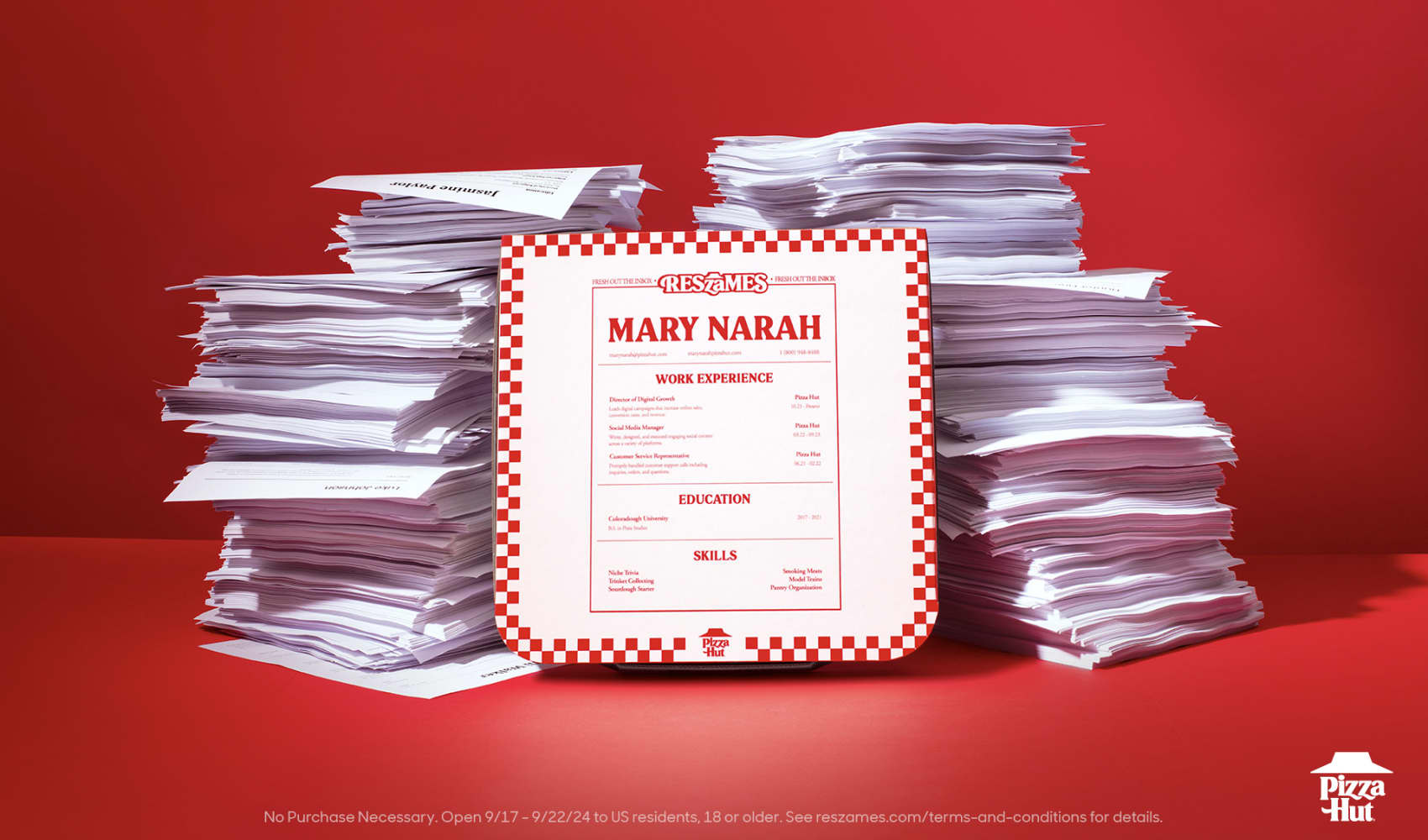
This report is from today's CNBC Daily Open, our international markets newsletter. CNBC Daily Open brings investors up to speed on everything they need to know, no matter where they are. Like what you see? You can subscribe here.
What you need to know today
Stubborn core inflation
Prices in the U.S. rose 0.2% in August, the Bureau of Labor Statistics reported, in line with the Dow Jones consensus. The 12-month inflation rate was at 2.5%, the lowest since February 2021. However, core CPI, which excludes food and energy prices, ticked up 0.3%, 10 basis points higher than expected.
Choppy trading
Major U.S. indexes closed higher in a choppy session on Wednesday, lifted by technology stocks. The regional Stoxx 600 index ended the day flat following volatile trading. Country-specific indexes were mixed, however. Germany's DAX added 0.35% while France's CAC 40 lost 0.14%.
Get top local stories in Philly delivered to you every morning. Sign up for NBC Philadelphia's News Headlines newsletter.
Oracle shares jump
Oracle's shares have surged by double-digit percentages following its earnings reports so far this year. After Oracle popped 11% on Tuesday, the company's share prices are up 49% year to date, second only to Nvidia's 136%. "After 13 years of single-digit organic total revenue growth, Oracle is reaccelerating into the double digits," said JMP analysts.
Buffett sells more BofA
Berkshire Hathaway isn't done selling Bank of America shares. Warren Buffett's conglomerate sold 5.8 million BofA shares on Friday, Monday and Tuesday, netting around $228.7 million for them. BofA dropped to Berkshire's third-biggest holding, having long occupied the second spot.
[PRO] Nothing to short here
Bank stocks fell on Tuesday on fears of a slowdown in the sector. However, Steve Eisman, senior portfolio manager at Neuberger Berman, said he was not worried about the health of banks — or the economy, for that matter. And when the person who spotted the weakness in subprime mortgage loans speaks, it's good to listen to him.
Money Report
The bottom line
On the surface, Wednesday looked like a great day for investors.
The S&P 500 climbed 1.07%, the Dow Jones Industrial Average added 0.31% and the Nasdaq Composite shot up 2.17%.
However, those numbers are hiding turmoil under their pretty facades.
The S&P dropped around 1% during trading but eventually managed to claw back losses and close more than 1% higher by the end of the day. It's the first time the broad-based index has done so since October 2022.
The consumer price index for August precipitated the initial fall. Core inflation, to which the Fed pays more attention because it more accurately reflects price movements, came in a bit higher than expected for the month.
Core inflation was higher than the headline number because food and energy prices are stripped out from the former. And both were mild for the month: Food prices were only 0.1% higher, suggesting no pets need to be eaten, while energy costs fell 0.8%.
Still, that data means the Fed's unlikely to make a jumbo-sized 50-basis-point cut. Disappointment translated into stocks dropping.
Even with inflation remaining difficult to tame, it doesn't mean consumers are worse off. Real earnings rose 0.2% for the month, showed a separate Bureau of Labor Statistics report, which means the rise in income outstripped price increases.
That might have helped the intraday rebound in the S&P.
As for the Nasdaq, it was buoyed by technology stocks, which experienced a huge bounce from the previous days' falls. Nvidia popped 8%, probably on news the U.S. might let the chipmaker sell advanced chips to Saudi Arabia, according to Reuters.
But there might be more choppiness ahead in markets. The U.S. government is, once again, close to a shutdown because of politicking over government funding. It's almost like the U.S. House of Representatives has no concept of a plan.
– CNBC's Jeff Cox, Pia Singh and Lisa Kailai Han contributed to this story.






